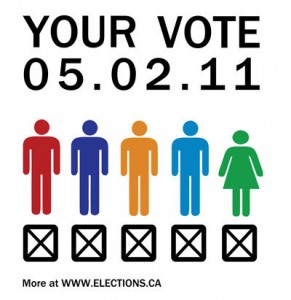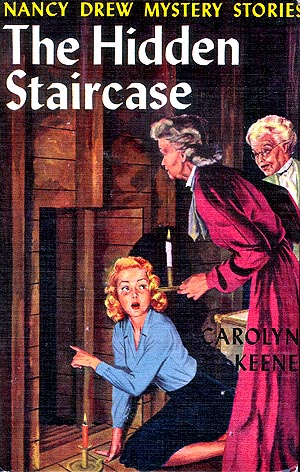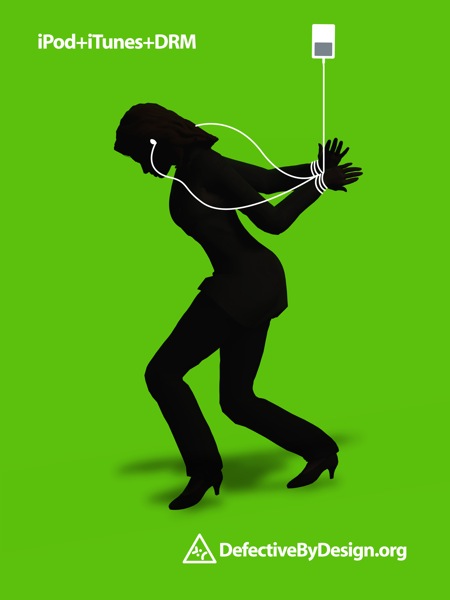Last month, I wrote about the Toronto Public Library’s hard stance against proposed cuts. Well, after some gaffs from the Mayor’s brother, city councillor Doug Ford , and lots of discussion, Torontonians are starting to see a shift.
From the Toronto Star:
Another councillor in Mayor Rob Ford’s inner circle is backing away from a proposal to close libraries.
When asked Wednesday if she would support library closures to save money, Councillor Frances Nunziata (Ward 11, York South-Weston) said “no, of course not” and that if anything, branches should be better utilized to host more city programs.
“I don’t think there’s a will on council to close libraries,” said Nunziata. “I think we have to make better use of what we have… these are great facilities for programming.”
First it was right-winger James Pasternak (Ward 10, York Centre). Then TTC chair Karen Stintz (Ward 16, Eglinton-Lawrence). Now Nunziata, who is the council speaker and one of Ford’s longest and most loyal supporters.
Nunziata’s split is the clearest sign yet that libraries will likely be safe come fall when council is left to consider the service cut recommendations proposed by KPMG during the core service review.[source]
Not a sure thing, though. It’s great to see the city rallying and staying on the city council’s back. Keep it up, Toronto. Here’s some fight music to help!
Torontonians can take action by contacting their city councillors and/or by signing the online petition.













